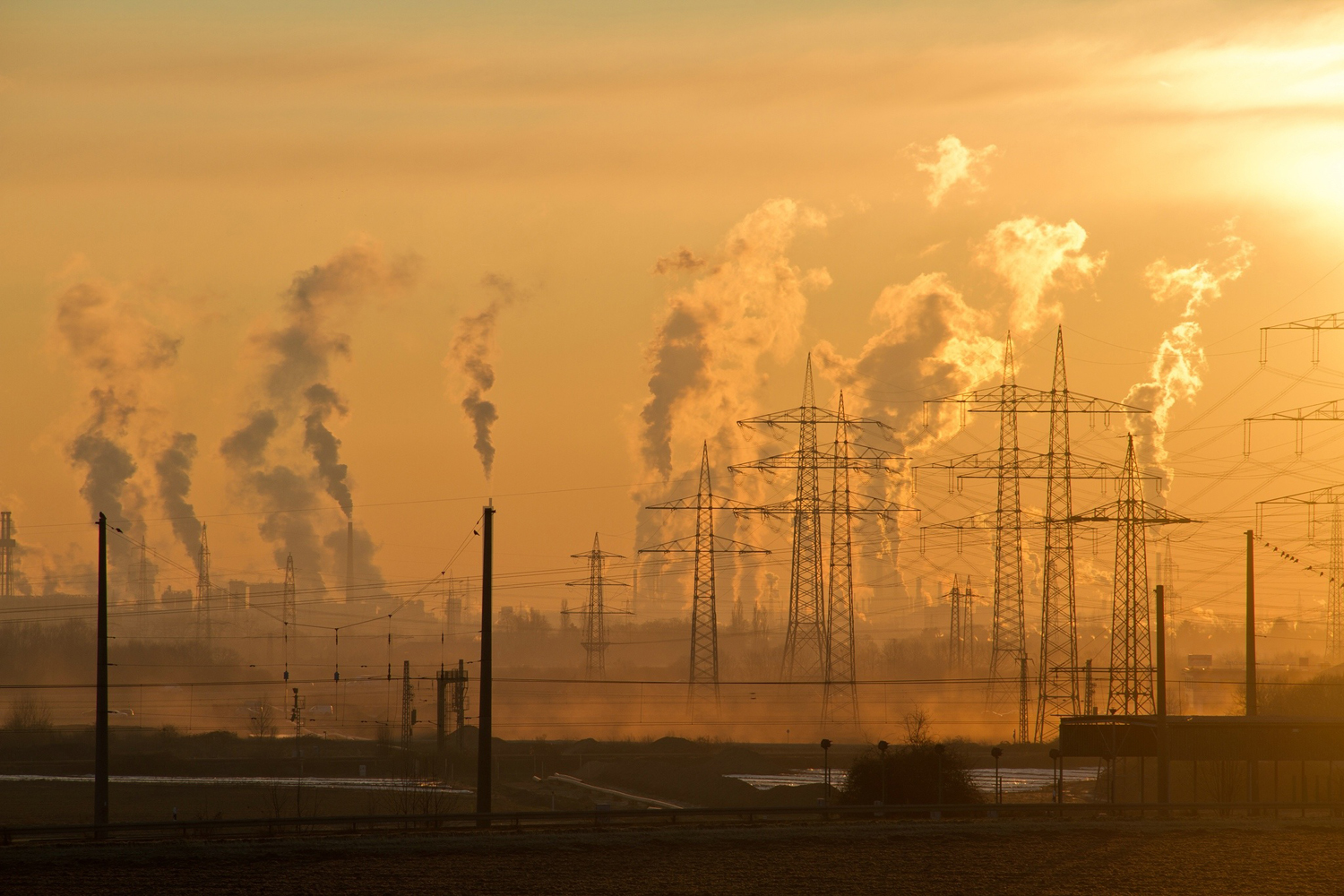
Climate change blights children's lives in Bangladesh: UNICEF

Environmental disasters linked to climate change are threatening the lives and futures of over 19 million children in Bangladesh, including prompting many families to push their daughters into child marriages, UNICEF said on April 5.
“Climate change is deepening the environmental threat faced by families in Bangladesh’s poorest communities, leaving them unable to keep their children properly housed, fed, healthy and educated,” the UN children’s agency said in a report. “In Bangladesh and around the world, climate change has the potential to reverse many of the gains that countries have achieved in child survival and development.”
Around 12 million of the children most affected live in and around the powerful river systems which flow through Bangladesh and regularly burst their banks, the report said. Another 4.5 million children live in coastal areas regularly struck by powerful cyclones, including almost half a million Rohingya refugee children from neighbouring Myanmar living in fragile bamboo and plastic shelters. A further three million children live further inland, where farming communities suffer increasing periods of drought. Bangladesh’s flat topography, dense population and weak infrastructure have long made it vulnerable to extreme weather events, but experts say that these have become more frequent in recent years as global temperatures have risen.
In 2007, a powerful cyclone killed nearly 4,000 people and affected hundreds of thousands more. The most recent major flooding of the Brahmaputra River in 2017 inundated at least 480 community health clinics and damaged some 50,000 tube wells, essential for meeting communities’ safe water needs. The report says that climate change is a key factor pushing poorer Bangladeshis to head to the capital Dhaka and other major cities, where children risk being pushed into dangerous forms of labour and early marriage. It cites research showing that Bangladesh has six million climate migrants already, a number that could more than double by 2050.
The connection between climate change and child marriage, child labour and access to education is evident in various parts of Bangladesh, according to the report. “Climate change makes people poorer,” said Gyas Uddin, a specialist on child protection issues, “and poverty is a major factor behind child marriage”. Despite making impressive gains in many social indicators in recent decades, child marriage remains rampant in conservative, Muslim-majority Bangladesh. Bangladesh currently has one of the world’s highest rates of child marriage with nearly a third of girls being married before the age of 15.
According to UNICEF Bangladesh Child Protection Specialist Kristina Wesslund, climate change is one reason why an estimated 3.45 million Bangladeshi children are involved in child labour. “Climate change is undoubtedly increasing the number of children who are pushed into the workplace, where they miss out on an education and are terribly exposed to violence and abuse,” Wesslund said.

